Spinning Vision Into Reality
Don’t Miss the 2025 GFWC Annual Convention
We are dedicated to improving local communities through volunteer service.
End Domestic and Sexual Violence
Unite for the 2025 GFWC International Day of Service

Join Us!

Our Partnership with the Women’s Suffrage National Monument
Join us in funding the first U.S. monument dedicated to Women’s History
An International Organization with
Global Impact
Who we are
With more than 63,000 members in affiliated clubs in every state, the District of Columbia, and more than a dozen countries, GFWC members work in their own communities to support the arts, preserve natural resources, advance education, promote healthy lifestyles, and encourage civic involvement, issues related to domestic and sexual violence awareness/prevention, and advocating for children.
OUR IMPACT
General Federation of Women’s Clubs members vary in age, talents, location, background, and profession, but are united in their dedication to actively improve the lives of others.
60,000+
members in affiliated clubs in every state
2,600
existing volunteer clubs across the globe
130+
founded in 1890, GFWC has over a century of history
LATEST NEWS
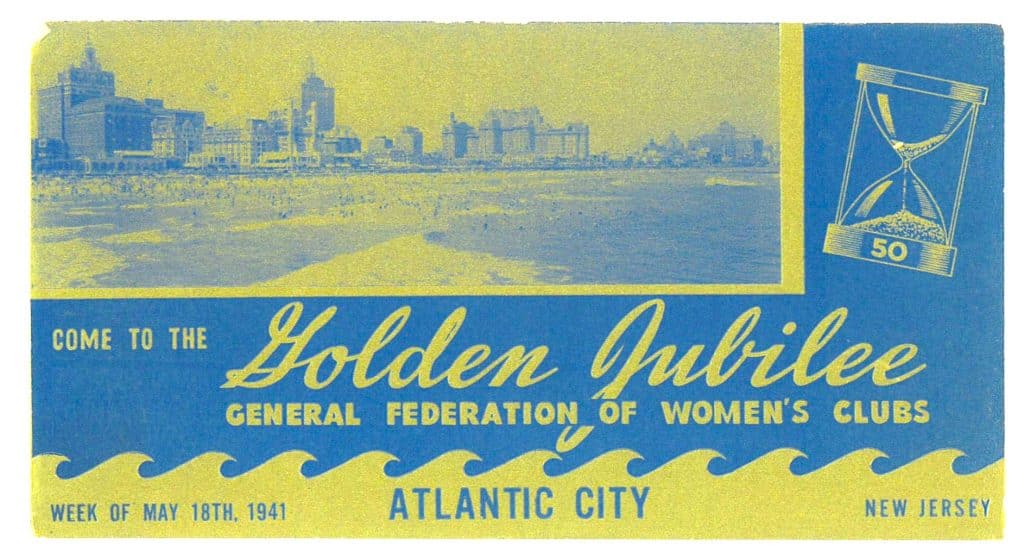
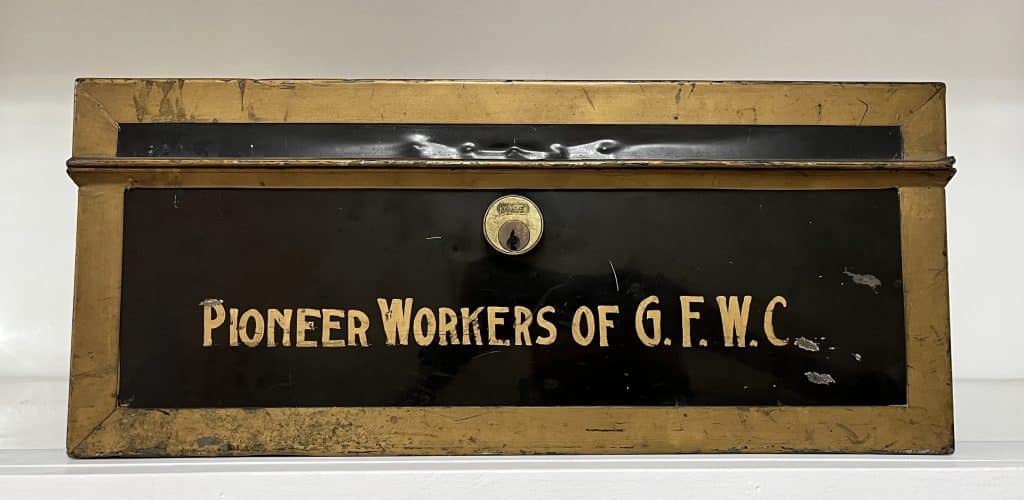
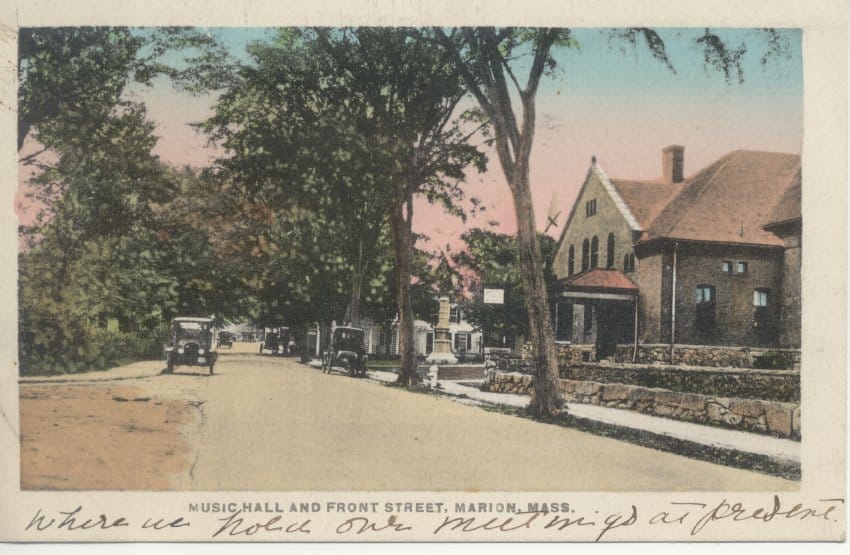
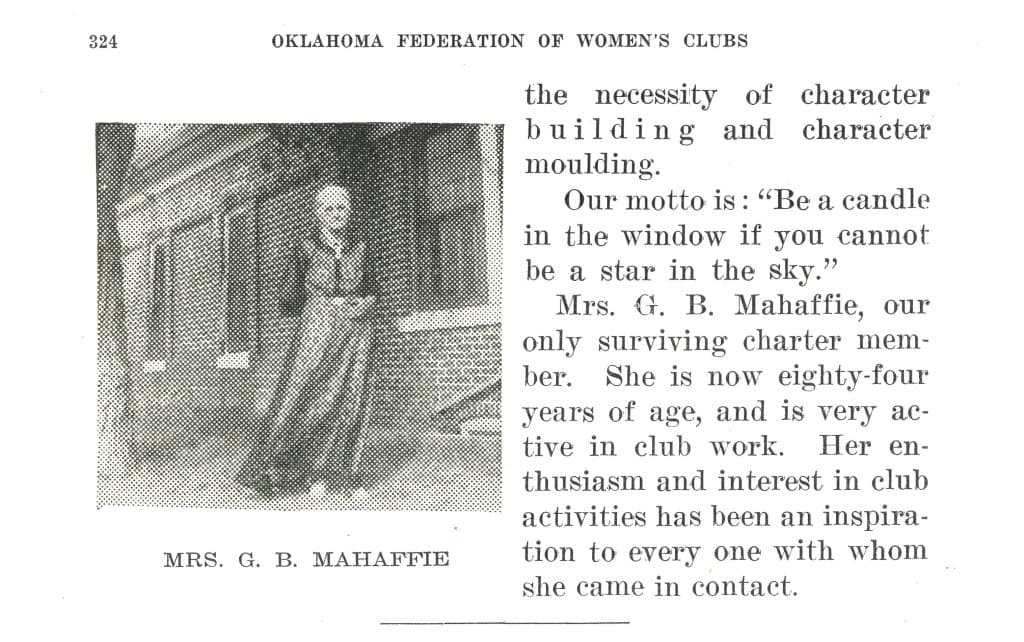
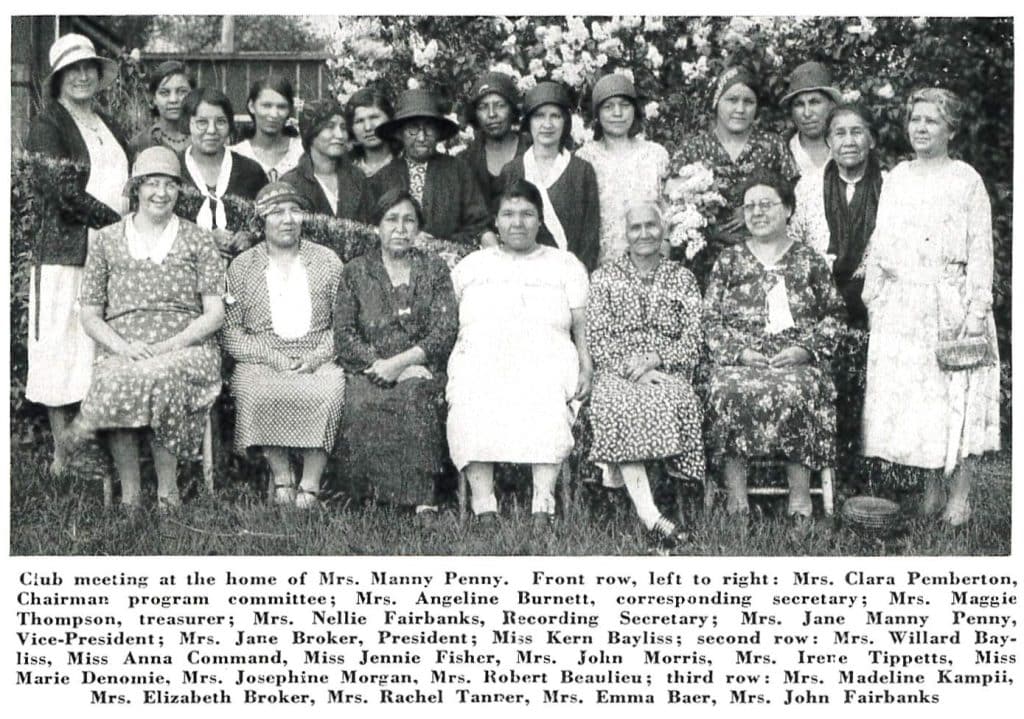
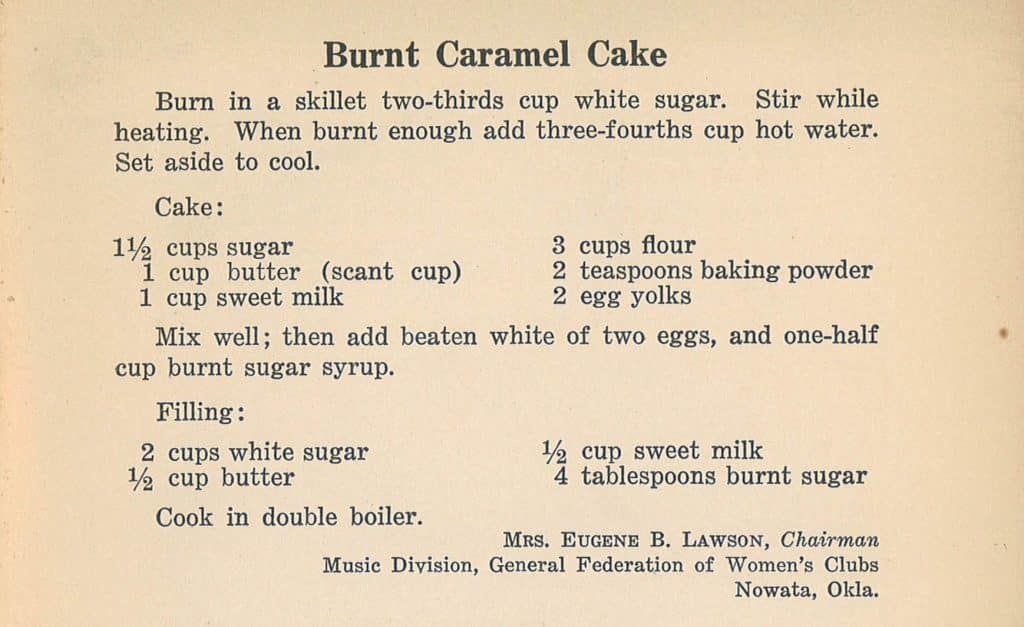
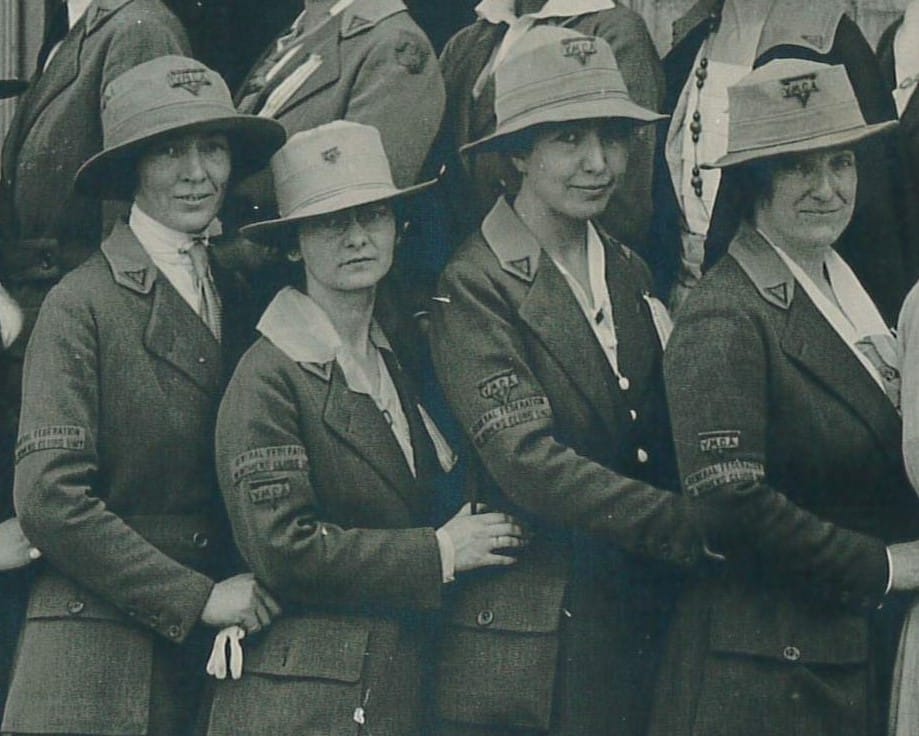
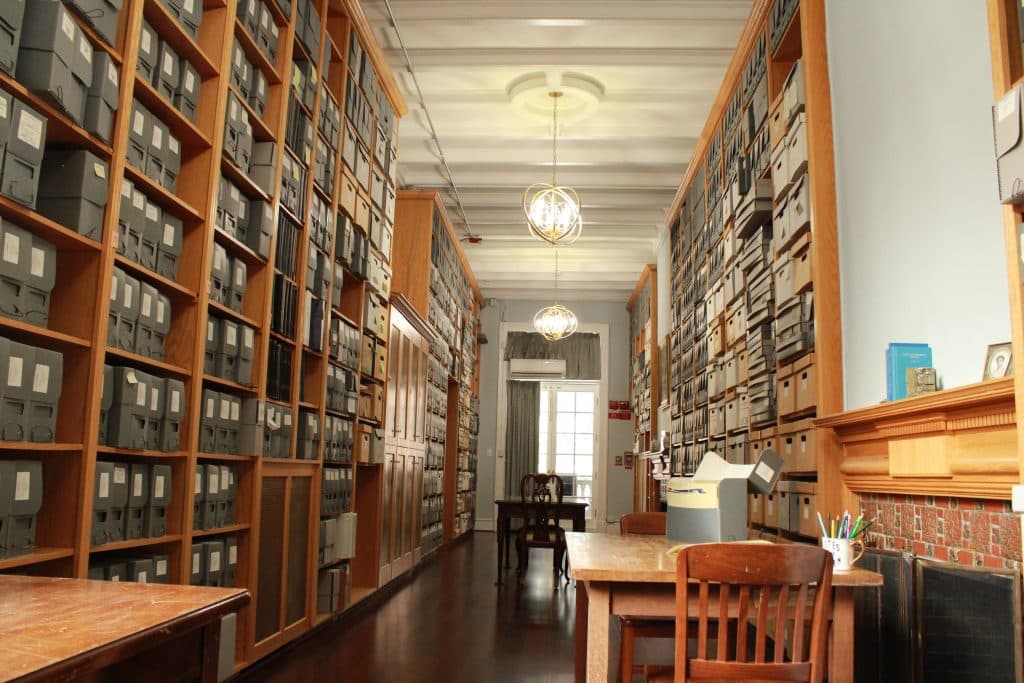
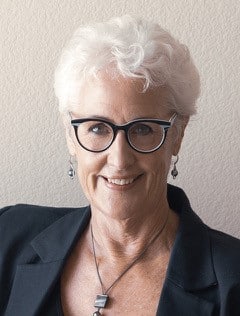
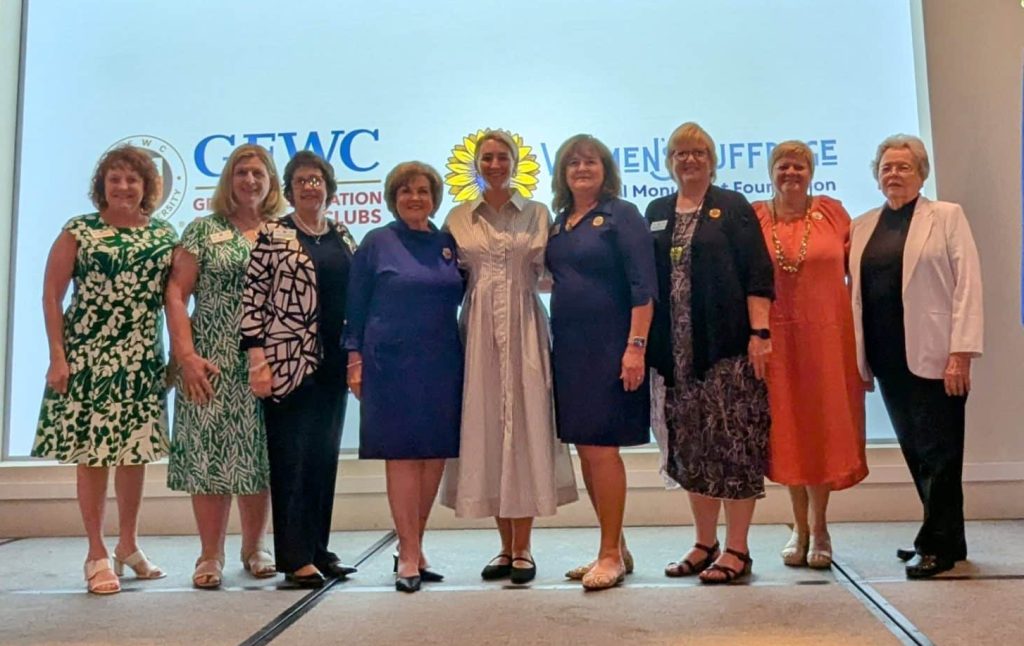
Protect a National Historic Landmark
Leave a lasting impact by donating to the GFWC Headquarters Façade Restoration and Beautification Project Fund. Every donation brings us closer to our goal of restoring our Headquarters façade to its full glory, helping repair the iconic white front-facing exterior walls of GFWC’s beloved Headquarters buildings.
FEATURED CONTENT
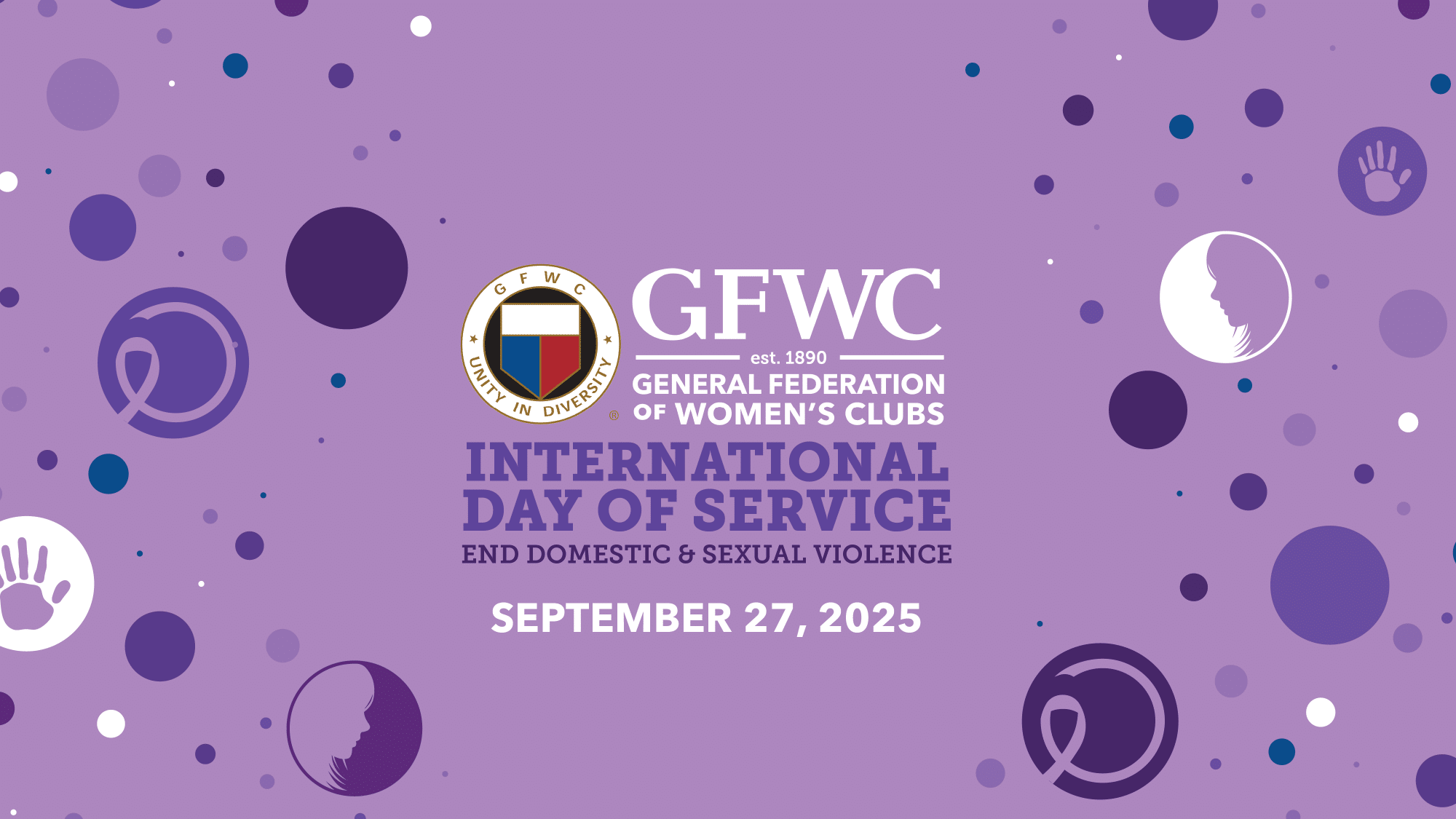

GFWC International Day of Service
The General Federation of Women’s Clubs (GFWC) is united in its dedication to volunteer community service. The GFWC International Day of Service brings together clubs from around the world to stand united against domestic and sexual violence.
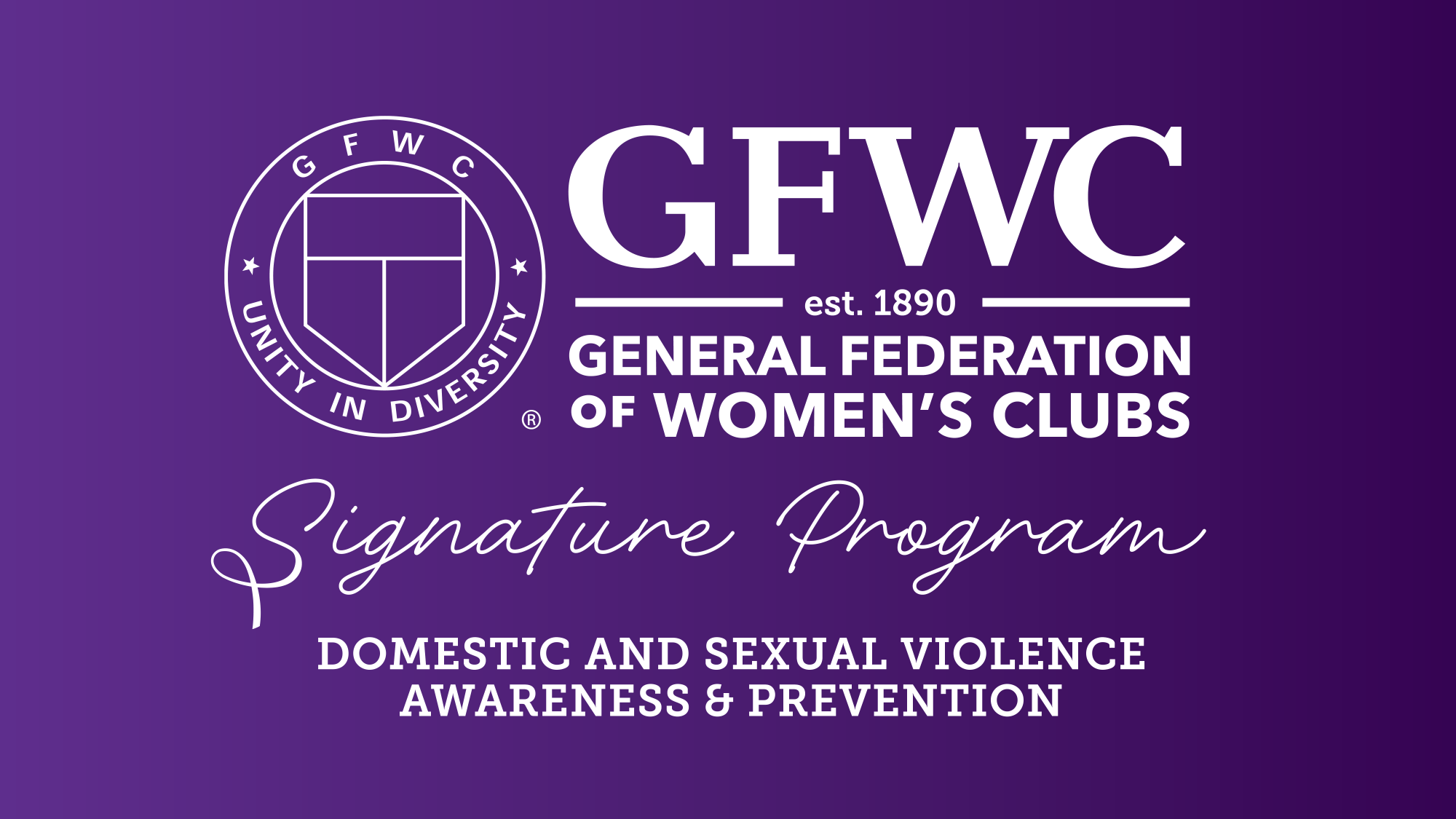

Signature Program: Domestic and Sexual Violence Awareness and Prevention
GFWC creates and leads education, public awareness, and service projects for club members and local citizens at the community level; collaborates with national domestic violence networks and organizations; supports existing activities and established programs; advocates for victims and survivors; and provides educational opportunities to survivors.
GFWC aims to be a powerful voice for victims and survivors.
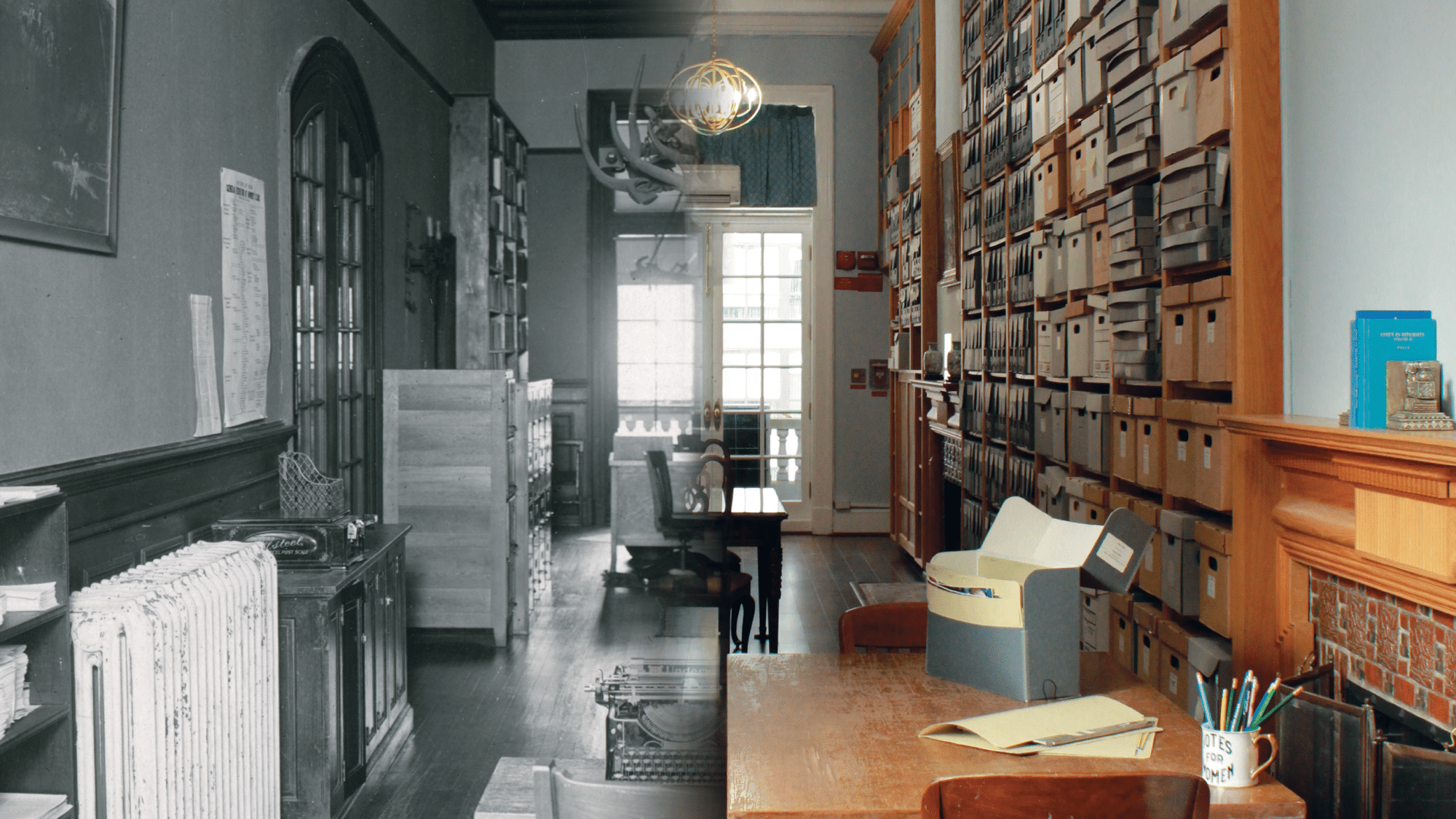

WHRC: Women’s History and Resource Center
Founded in 1984, the GFWC Women’s History and Resource Center (WHRC) collects, preserves, interprets, and promotes the history of GFWC. The WHRC documents the social and political contributions of GFWC clubwomen from 1890 to the present through the GFWC archives and related special collections.
GFWC International Day of Service
The General Federation of Women’s Clubs (GFWC) is united in its dedication to volunteer community service. The GFWC International Day of Service brings together clubs from around the world to stand united against domestic and sexual violence.
Signature Program: Domestic and Sexual Violence Awareness and Prevention
GFWC creates and leads education, public awareness, and service projects for club members and local citizens at the community level; collaborates with national domestic violence networks and organizations; supports existing activities and established programs; advocates for victims and survivors; and provides educational opportunities to survivors.
GFWC aims to be a powerful voice for victims and survivors.
WHRC: Women’s History and Resource Center
Founded in 1984, the GFWC Women’s History and Resource Center (WHRC) collects, preserves, interprets, and promotes the history of GFWC. The WHRC documents the social and political contributions of GFWC clubwomen from 1890 to the present through the GFWC archives and related special collections.
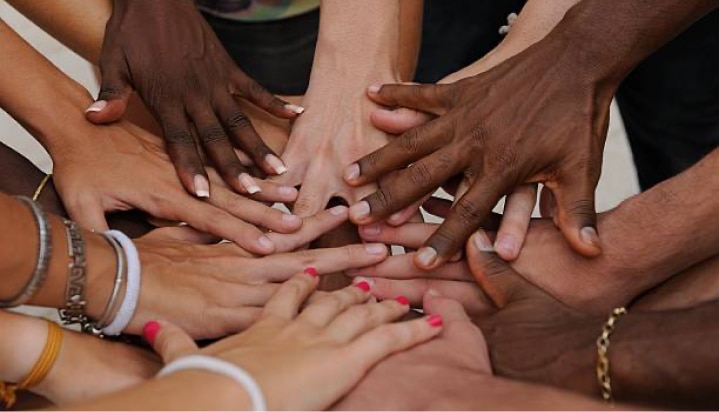
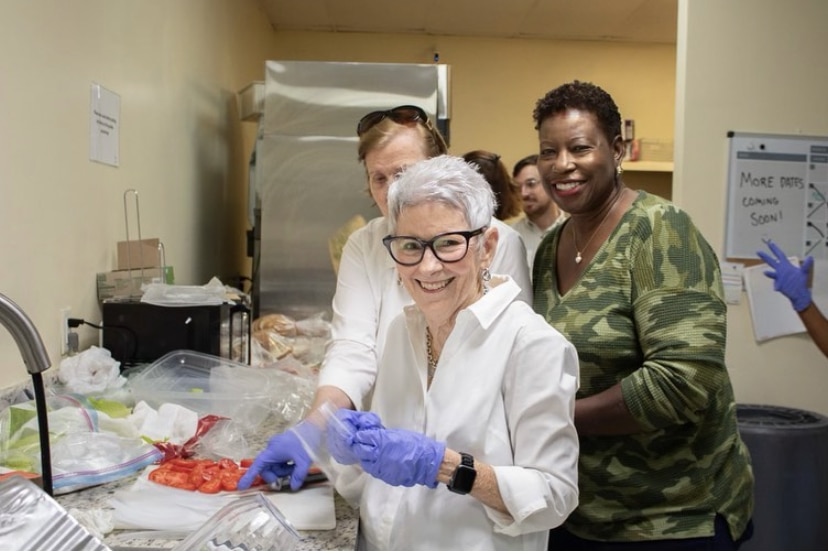
Support Us
GFWC Designated Funds support the work of GFWC by providing essential funding in targeted areas. They are vital to continue GFWC’s mission of strengthening our communities and enhancing the lives of others.
GET SOCIAL

In recognition of Child Abuse Prevention Month, tomorrow (April 4) is "Wear Blue Day!" Post pictures in the comments below showing your support!
#GFWC #GFWC_HQ #GFWCAdvocacy #IamGFWC #LivingTheVolunteerSpirit #NCAPM #endchildabuse … See MoreSee Less

Look at Beaverton Woman's Club raising awareness to prevent child abuse! To living the the volunteer spirit!
#GFWC #GFWC_HQ #GFWCAdvocacy #IamGFWC #LivingTheVolunteerSpirit #NCAPM #endchildabuseSpreading Awareness & Growing Hope!
Our outstanding GFWC Beaverton Woman’s Club members recently participated in the Pinwheel Planting for Prevent Child Abuse! These bright blue pinwheels symbolize the joyful and carefree childhood that every child deserves. It was an honor to take part in this meaningful cause and help raise awareness in our community!
We also had an incredible April meeting featuring a special guest, Natalie Pierson, Sustainability Project Specialist at the City Manager’s Office, City of Beaverton!
She shared valuable insights on sustainability and climate action in Beaverton, leaving us all inspired and motivated to make a difference. A huge thank you to all who participated and to Natalie for her time and expertise! Let’s continue working together for a brighter, greener, and safer future! #GFWC #GFWC_HQ#WeAreGFWC#UnityInDiversity#LivingTheVolunteerSpirit #IamGFWC … See MoreSee Less

Thank you to Woman's Club of Westwood, Inc. for planting a garden of pinwheels to raise public awareness about child abuse prevention!
#GFWC #GFWC_HQ #GFWCAdvocacy #IamGFWC #LivingTheVolunteerSpirit #NCAPM #endchildabuseReach out to get your pinwheels to SUPPORT The Woman’s Club of Westwood
Child Abuse Prevention Month … See MoreSee Less

Another shout out to GFWC CIVIC CLUB of Ravenswood WV on it's promotion of April 4 — Wear Blue Day to support child abuse prevention. Thank you for living the volunteer spirit!
#GFWC #GFWC_HQ #GFWCAdvocacy #IamGFWC #LivingTheVolunteerSpirit #NCAPM #endchildabuseDon’t forget to WEAR BLUE friday! … See MoreSee Less
A shout out to GFWC Woman’s Club of Sarasota for being a "Champion for Children!" Thank you for living the volunteer spirit!
#GFWC #GFWC_HQ #GFWCAdvocacy #LivingTheVolunteerSpirit #IamGFWC #NCAPM #endchildabuse … See MoreSee Less

It's WHRC Wednesday! Did you know that April is National Financial Literacy Month? Let's take a quick look at just one of the moments in GFWC history where we worked to educate our members and their families on budgeting and finance, through the lens of household management.
During the 1962-1964 administration of GFWC President Margaret Long Arnold, the Family Economics and Home Management Division of the Home Life Department put together a Consumer Program kit for club programming. In her introductory letter, Arnold wrote about the role of women in household financial management and how important it is for them to be literally "educated consumers," concluding that "healthy families functioning on an economically sound basis are of first importance to our nation's welfare."
The kit contained not only course materials – including a case study on "The Family Budget and Automotive Taxes," with four graphic posters showing "where the money goes" and worksheets for computing your own automotive taxes – but also the GFWC resolutions related to consumer affairs; guides for writing your own club resolutions; a sample "Radio-TV script" for talking to the community about this topic; and guidance on reaching out to your elected officials. Our hope was to provide our member clubs with a "complete program" in household financial literacy.
📗"Estimated State and Federal Automotive Taxes of a Family on Modest but Adequate Budget," one of four visual aids provided in the Consumer Program kit, 1962-1964.
#financialliteracymonth #clubwomeninaction #clubwomeninhistory … See MoreSee Less

Congratulations to GFWC Kentucky for chartering a new Juniorette club in the town of Corbin's high school. GFWC extends a warm welcome to GFWC Diane Mitchell Juniorettes, named in honor of the club member that worked at the school. We're delighted to have you!
#GFWC #GFWC_HQ #GFWCAdvocacy #IamGFWC #LivingTheVolunteerSpirit #gfwckentuckyThe Diane Mitchell Juniorettes received their club charter at the GFWC-Kentucky annual convention. The Ossoli Club is so proud of their devotion to serving our community. … See MoreSee Less

REGISTER TODAY FOR THE 2025 GFWC INTERNATIONAL DAY OF SERVICE ON SEPTEMBER 27!
This year's GFWC International Day of Service (GFWC IDS) focus is on domestic and sexual violence, which impacts every community across the United States and around the world. Your participation is critically important to raising public awareness and providing the support needed by survivors to continue their lives successfully.
United we can end domestic and sexual violence!
To register, visit: memberportal.gfwc.org/pages/gfwc-international-day-of-service
For more information about this year's GFWC IDS, visit: www.gfwc.org/ids/
#GFWC #GFWC_HQ #GFWCAdvocacy #IamGFWC #LivingTheVolunteerSpirit #endsexualviolence #EndDomesticViolence #EndViolenceAgainstWomen … See MoreSee Less
National Child Abuse Prevention Month (NCAPM)
April is recognized as NCAPM to underscore the importance of communities working together to support and strengthen families and prevent child maltreatment.
GFWC is a dedicated champion for children through its Juniors` Special Program—Advocates for Children. This program`s focus is to provide a voice for children and to teach/encourage parents and caregivers to advocate for children at the grassroots level.
Let us know what projects your club has planned this month to raise public awareness about child abuse. It`s an issue that affects every community nationally and internationally.
For project ideas, download a copy of the 2024-2026 Club Manual at https://memberportal.gfwc.org/
#GFWC #gfwc_hq #gfwcadvocacy #IamGFWC #LivingTheVolunteerSpirit #NCAPM2025 #endchildabuse

National Child Abuse Prevention Month (NCAPM)
April is recognized as NCAPM to underscore the importance of communities working together to support and strengthen families and prevent child maltreatment.
GFWC is a dedicated champion for children through its Juniors` Special Program—Advocates for Children. This program`s focus is to provide a voice for children and to teach/encourage parents and caregivers to advocate for children at the grassroots level.
Let us know what projects your club has planned this month to raise public awareness about child abuse. It`s an issue that affects every community nationally and internationally.
For project ideas, download a copy of the 2024-2026 Club Manual at https://memberportal.gfwc.org/
#GFWC #gfwc_hq #gfwcadvocacy #IamGFWC #LivingTheVolunteerSpirit #NCAPM2025 #endchildabuse …
Congratulations to GFWC Kentucky on chartering a new Juniorette club in the town of Corbin`s high school. GFWC extends a warm welcome to GFWC Diane Mitchell Juniorettes, named in honor of the club member that worked at the school. We`re delighted to have you!
#GFWC #GFWC_HQ #GFWCAdvocacy #IamGFWC #LivingTheVolunteerSpirit #gfwckentucky

Congratulations to GFWC Kentucky on chartering a new Juniorette club in the town of Corbin`s high school. GFWC extends a warm welcome to GFWC Diane Mitchell Juniorettes, named in honor of the club member that worked at the school. We`re delighted to have you!
#GFWC #GFWC_HQ #GFWCAdvocacy #IamGFWC #LivingTheVolunteerSpirit #gfwckentucky …
REGISTER TODAY FOR THE 2025 GFWC INTERNATIONAL DAY OF SERVICE ON SEPTEMBER 27!
This year`s GFWC International Day of Service (GFWC IDS) focus is on domestic and sexual violence, which impacts every community across the United States and around the world. Your participation is critically important to raising public awareness and providing the support needed by survivors to continue their lives successfully.
United we can end domestic and sexual violence!
To register, visit: https://memberportal.gfwc.org/…/gfwc-international-day…
For more information about this year`s GFWC IDS, visit: https://www.gfwc.org/ids/
#GFWC #GFWC_HQ #GFWCAdvocacy #IamGFWC #LivingTheVolunteerSpirit #endsexualviolence #EndDomesticViolence #EndViolenceAgainstWomen

REGISTER TODAY FOR THE 2025 GFWC INTERNATIONAL DAY OF SERVICE ON SEPTEMBER 27!
This year`s GFWC International Day of Service (GFWC IDS) focus is on domestic and sexual violence, which impacts every community across the United States and around the world. Your participation is critically important to raising public awareness and providing the support needed by survivors to continue their lives successfully.
United we can end domestic and sexual violence!
To register, visit: https://memberportal.gfwc.org/…/gfwc-international-day…
For more information about this year`s GFWC IDS, visit: https://www.gfwc.org/ids/
#GFWC #GFWC_HQ #GFWCAdvocacy #IamGFWC #LivingTheVolunteerSpirit #endsexualviolence #EndDomesticViolence #EndViolenceAgainstWomen …
* 3.28.2025: Important Message About Hotel Reservation Site
Please be advised that the reservation system is currently down for routine maintenance until Monday, March 31.
In the meantime, please call the Omni Atlanta Hotel’s front desk to make room reservations: 404.659.0000.
GFWC apologizes for the inconvenience and appreciates your understanding!
For future reference, hotel room reservation link: https://bookings.omnihotels.com/event/atlanta-centennial-park/2025-gfwc-annual-convention
#GFWC #GFWC_HQ #livingthevolunteerspirit #Iamgfwc
#gfwcadvocacy #GFWC2025AC

* 3.28.2025: Important Message About Hotel Reservation Site
Please be advised that the reservation system is currently down for routine maintenance until Monday, March 31.
In the meantime, please call the Omni Atlanta Hotel’s front desk to make room reservations: 404.659.0000.
GFWC apologizes for the inconvenience and appreciates your understanding!
For future reference, hotel room reservation link: https://bookings.omnihotels.com/event/atlanta-centennial-park/2025-gfwc-annual-convention
#GFWC #GFWC_HQ #livingthevolunteerspirit #Iamgfwc
#gfwcadvocacy #GFWC2025AC …
COMMUNITY IMPACT: "GFWC Living the Volunteer Spirit"
Featuring the Women`s Club of Pittsford located in New York —"The PAD Project," acronym for Providing Access and Dignity, focuses on distributing menses products to girls and women in low-income communities so they can continue with their day-to-day activities, such as attending school, special events, and work. Otherwise, they tend to stay home, isolating themselves.
GFWC members collected and supplied $883 In Kind donations of feminine hygiene products. In collaboration with National Council of Jewish Women, GFWC members assembled 100 kits for distribution to clients of the Agape and the Community Cupboard.
Thank you, GFWC Pittsford members, for all you do in living the volunteer spirit!
To contribute to the Volunteers In Action blog, email us at PR@GFWC.org.
#GFWC #GFWC_HQ #GFWCAdvocacy #IamGFWC #LivingTheVolunteerSpirit #NationalCouncilofJewishWomen #newyork

COMMUNITY IMPACT: "GFWC Living the Volunteer Spirit"
Featuring the Women`s Club of Pittsford located in New York —"The PAD Project," acronym for Providing Access and Dignity, focuses on distributing menses products to girls and women in low-income communities so they can continue with their day-to-day activities, such as attending school, special events, and work. Otherwise, they tend to stay home, isolating themselves.
GFWC members collected and supplied $883 In Kind donations of feminine hygiene products. In collaboration with National Council of Jewish Women, GFWC members assembled 100 kits for distribution to clients of the Agape and the Community Cupboard.
Thank you, GFWC Pittsford members, for all you do in living the volunteer spirit!
To contribute to the Volunteers In Action blog, email us at PR@GFWC.org.
#GFWC #GFWC_HQ #GFWCAdvocacy #IamGFWC #LivingTheVolunteerSpirit #NationalCouncilofJewishWomen #newyork …
2025 JANE CUNNINGHAM CROLY AWARD — CALL FOR NOMINATIONS!
The Croly Award for Excellence in Journalism deadline is Wednesday, April 30.
GFWC encourages members to nominate your local reporters/broadcasters for this award and ask them to submit collaterals to support their nomination by April 30.
For more information, visit: www.gfwc.org
#GFWC #GFWCAdvocacy #GFWC_HQ #IamGFWC #LivingTheVolunteerSpirit #janecunninghamcroly #gfwc2025ac

2025 JANE CUNNINGHAM CROLY AWARD — CALL FOR NOMINATIONS!
The Croly Award for Excellence in Journalism deadline is Wednesday, April 30.
GFWC encourages members to nominate your local reporters/broadcasters for this award and ask them to submit collaterals to support their nomination by April 30.
For more information, visit: www.gfwc.org
#GFWC #GFWCAdvocacy #GFWC_HQ #IamGFWC #LivingTheVolunteerSpirit #janecunninghamcroly #gfwc2025ac …
Mark Your Calendars for Wednesday, March 19, at 7 PM for The GFWC Learning Gateway Series` Webinar — "When Passion and Purpose Collide"
To register, visit: https://bit.ly/4hJccQO
#GFWC #GFWC_HQ #GFWCAdvocacy #IamGFWC #LivingTheVolunteerSpirit #ride4awoman #Uganda #artsandcrafts

Mark Your Calendars for Wednesday, March 19, at 7 PM for The GFWC Learning Gateway Series` Webinar — "When Passion and Purpose Collide"
To register, visit: https://bit.ly/4hJccQO
#GFWC #GFWC_HQ #GFWCAdvocacy #IamGFWC #LivingTheVolunteerSpirit #ride4awoman #Uganda #artsandcrafts …
March is Women`s History Month!
The theme for 2025 is "Moving Forward Together," to honor the contributions of women who have dedicated their lives to education, mentorship, and leadership to shape the minds and futures of all generations.
On Wednesday, March 5, GFWC is hosting its annual Women`s History Month Celebration to honor the contributions and accomplishments of women.
Please join us between 2-4 PM to learn about the "Women of Dupont-Kalorama" the neighborhood GFWC is located, and meet GFWC Librarian Joanna Church to learn about "The Many Lives of GFWC Headquarters."
If you are local and would like to participate, please RSVP at the following link: www.memberportal.gfwc.org/events
A special thank you to all for making a difference in the lives of many. Happy Women`s History Month!
#GFWC #GFWC_HQ #GFWCAdvocacy #IamGFWC #LivingTheVolunteerSpirit #WHRC #WomensHistoryMonth #womenshistory #womensupportingwomen #womeninbusiness

March is Women`s History Month!
The theme for 2025 is "Moving Forward Together," to honor the contributions of women who have dedicated their lives to education, mentorship, and leadership to shape the minds and futures of all generations.
On Wednesday, March 5, GFWC is hosting its annual Women`s History Month Celebration to honor the contributions and accomplishments of women.
Please join us between 2-4 PM to learn about the "Women of Dupont-Kalorama" the neighborhood GFWC is located, and meet GFWC Librarian Joanna Church to learn about "The Many Lives of GFWC Headquarters."
If you are local and would like to participate, please RSVP at the following link: www.memberportal.gfwc.org/events
A special thank you to all for making a difference in the lives of many. Happy Women`s History Month!
#GFWC #GFWC_HQ #GFWCAdvocacy #IamGFWC #LivingTheVolunteerSpirit #WHRC #WomensHistoryMonth #womenshistory #womensupportingwomen #womeninbusiness …
2025 GFWC Annual Convention, June 6-9, in Atlanta
TICK, Tick, tick… time is running out for Early Bird Registration…
EARLY BIRD RATE – $160 until Saturday, March 15!
Be sure to register this weekend, at the following link: https://www.eventsquid.com/event.cfm?id=25737
Looking forward to "Spinning Vision into Reality" with you!
#GFWC2025AC #GFWC #GFWC_HQ #GFWCAdvocacy #IamGFWC #LivingTheVolunteerSpirit #atlanta

2025 GFWC Annual Convention, June 6-9, in Atlanta
TICK, Tick, tick… time is running out for Early Bird Registration…
EARLY BIRD RATE – $160 until Saturday, March 15!
Be sure to register this weekend, at the following link: https://www.eventsquid.com/event.cfm?id=25737
Looking forward to "Spinning Vision into Reality" with you!
#GFWC2025AC #GFWC #GFWC_HQ #GFWCAdvocacy #IamGFWC #LivingTheVolunteerSpirit #atlanta …